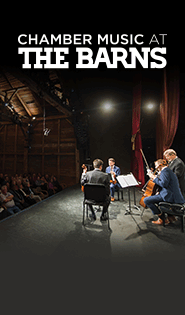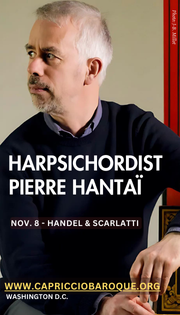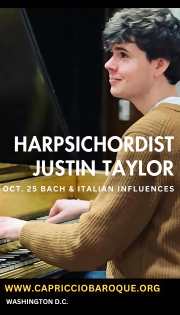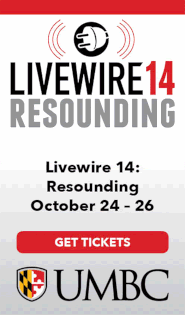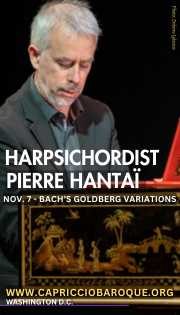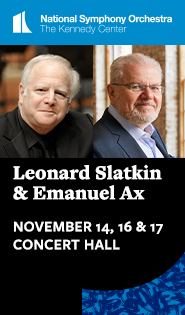Fleming opens Fairfax Symphony season in style
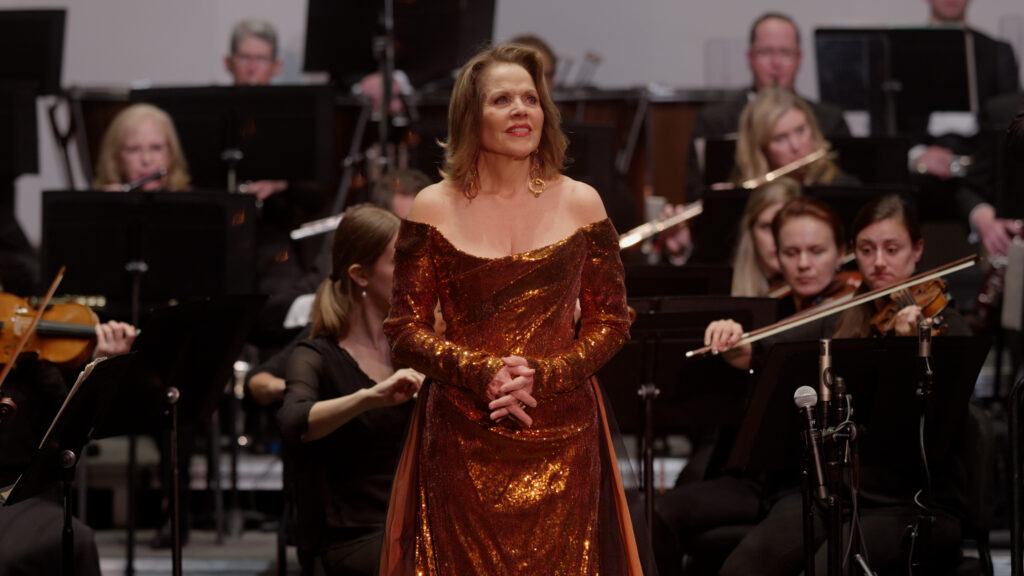
Renée Fleming performed with the Fairfax Symphony Orchestra Saturday night. Photo: FSO
The Fairfax Symphony Orchestra opened its fall season with a gala-style concert Saturday night. The orchestra, amped up to around 80 musicians, sounded full-bodied in grandly romantic selections by Wagner and Strauss.
Soprano Renée Fleming, in a gown of autumnal metallic orange and switching to demure lilac after intermission, brought her star power to GMU Center for the Arts in her FSO debut.
Music director Christopher Zimmerman led a surging rendition of the Prelude and Liebestod from Tristan and Isolde, the instrumental adaptation in which Wagner joined the opening of Act I with “Mild und Leise,” Isolde’s Act III aria. The pacing could have been more luxuriant, but the woodwinds nailed the intonation of the famous “Tristan” chord, led by principal oboist Emily Foster. The brass rounded out the major swells of sound with well-balanced strength.
The Liebestod is much less effective without the driving force of the soprano voice, but from its sotto voce opening the melody passed from the clarinets through other sections of the orchestra. Cellos and violas had some intonation issues when exposed at times, but the orchestra achieved what Wagner had in mind, the transfiguration of the heroine in death.
Fleming’s voice has paled in volume and richness in recent years, as heard at her last appearance with the National Symphony Orchestra in 2021. In some ways, the auditorium at GMU, much less cavernous than the Kennedy Center Concert Hall, is better suited to the current size of her voice.
In a somewhat muted performance of Richard Strauss’s Four Last Songs, Zimmerman cushioned his soloist with carefully calibrated washes of orchestral color.
Written a year before Strauss’s death when he was 84, this swan song offers masterful settings of poignant poems by Hermann Hesse and Joseph von Eichendorff. Fleming paced herself with care, soaring up to the high B beautifully but not expansively in the first song about the return of spring, set to the words “wie ein Wunder vor mir.” Her voice opened up a bit more in the second song, about summer dying as autumn approaches, seconded by a heroic horn solo toward the end.
Before the crucial final stanza of “Beim Schlafengehen,” concertmaster David Salness turned in a glowing violin solo. The peaceful mood led to the soprano’s words about her soul floating above the night, living more deeply, where more vocal power was needed to produce the desired frisson on the high B-flat.
The understated approach of both conductor and singer worked best in the gorgeous fourth song, where the singer and her love, like Strauss and his soprano wife, walk calmly toward the peace of death. Twin trilling flutes gave voice to the ascending larks described in the poem. After a surprise modulation on the word “Death,” the FSO musicians gave a measured performance of the calm postlude, in which Strauss quotes the transfiguration theme from his own earlier tone poem Death and Transfiguration.
A more light-hearted second half balanced the metaphysical music that came before it, starting with a rip-roaring performance of Strauss’s early tone poem Don Juan, composed 60 years prior to the Four Last Songs. The violin sections, twenty-four players strong, played the hero’s main theme with adventurous daring. Solos for violin and oboe sang sweetly in the amorous episodes, with the other heroic theme called out forcefully by the four horns. The piece, exceptionally challenging across the orchestra, sounded polished and expansive.
The rest of the program was much lighter in content, more or less a replay of Fleming’s last concert with the NSO. She gave suitable airiness to “Musette svaria sulla bocca viva,” from Leoncavallo’s lesser-known version of La bohème, ending on a confident high G. Where Fleming achieved the vocal effect most reminiscent of her earlier triumphs was in the beloved aria “O mio babbino caro” from Puccini’s Gianni Schicchi, with daintily floated A-flats.
Fleming has turned more and more to Broadway since leaving most operatic roles behind in 2017. She took up a microphone for “Till There Was You” from The Music Man and “I Could Have Danced All Night” from My Fair Lady, the latter with audience participation.
Happily, she returned to Strauss for the single encore, the song “Morgen,” a sort of trademark for Fleming, where her voice purred limpidly among solo violin, lush strings, and harp.
The Fairfax Symphony Orchestra performs live music for Tchaikovsky’s Nutcracker with the Fairfax Ballet 4 p.m. December 16 and 17. fairfaxsymphony.org
